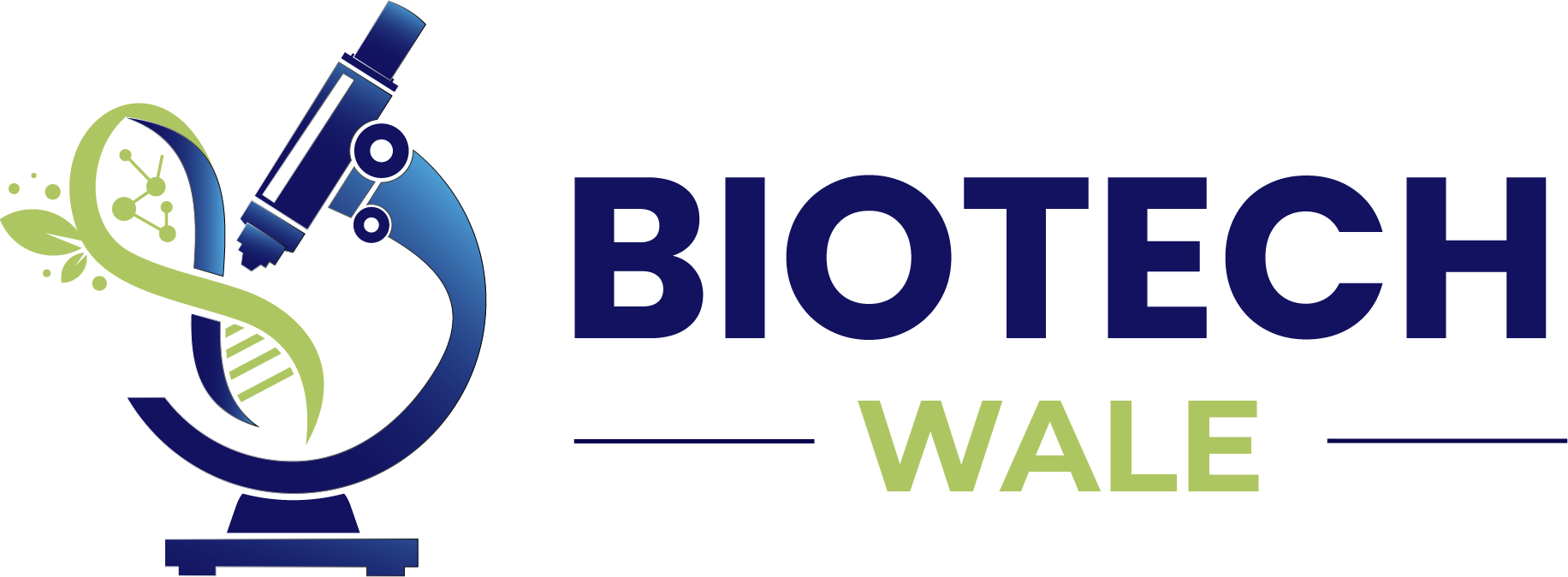Introduction to Biotechnology
Welcome to the exciting world of biotechnology, where science fiction meets reality! In this rapidly evolving field, researchers are harnessing the power of living organisms to develop innovative solutions that have the potential to revolutionize various industries. From healthcare and agriculture to environmental sustainability, biotechnology is paving the way for groundbreaking advancements that promise a brighter future for us all. Join us as we explore the latest trends and developments shaping the landscape of biotechnology today.
Current Trends in Biotechnology
Biotechnology is a rapidly evolving field that is continuously shaping the way we approach healthcare, agriculture, and environmental sustainability. One of the current trends in biotech is the rise of CRISPR technology, which allows for precise gene editing with groundbreaking implications for treating genetic diseases.
Another trend gaining momentum is synthetic biology, where scientists engineer biological systems to create new products and solutions. This innovative approach has led to advancements in biofuels production and drug development.
Moreover, the use of big data analytics in biotechnology is revolutionizing research processes by enabling researchers to analyze vast amounts of biological data efficiently. This data-driven approach has paved the way for personalized medicine tailored to individual genetic profiles.
Additionally, biomimicry – drawing inspiration from nature’s design principles – is becoming increasingly popular in developing sustainable materials and technologies. By mimicking natural processes, scientists are creating more eco-friendly solutions for various industries.
In essence, these current trends highlight the exciting possibilities that lie ahead in biotechnology as researchers push boundaries and explore new frontiers in science.
Impact of Biotechnology on Different Industries
Biotechnology has revolutionized various industries, leaving a profound impact on agriculture by enhancing crop yields and developing genetically modified organisms resistant to pests. In healthcare, biotech innovations have led to the discovery of new medicines and personalized treatment options tailored to individual genetic makeup. The food industry benefits from enzymes and microorganisms used in food processing, ensuring safety and quality standards are met.
The environmental sector sees advancements in bioremediation techniques that aid in cleaning up pollutants and reducing waste. Biotechnology also plays a crucial role in energy production through biofuels derived from renewable sources like algae or crops. Moreover, the textile industry benefits from sustainable practices using bio-based materials that reduce dependence on traditional resources.
These examples highlight how biotechnology is not only changing the way we do things but also shaping the future of multiple industries with its innovative solutions.
Successful Applications of Biotechnology
Biotechnology has revolutionized various industries, showcasing successful applications that have significantly impacted our daily lives. In healthcare, biotech plays a crucial role in the development of personalized medicine tailored to individual genetic profiles. This enables more precise treatment plans and better patient outcomes.
Furthermore, the agriculture sector benefits from biotechnology through genetically modified crops that are resistant to pests and diseases. These advancements help increase crop yields while reducing the need for harmful pesticides. Biotech also contributes to environmental sustainability by developing biofuels as an alternative to fossil fuels.
In the field of industrial biotechnology, enzymes produced through genetic engineering are used in various processes like waste management and biofuel production. This innovative approach not only boosts efficiency but also reduces environmental impact.
The successful applications of biotechnology continue to expand across different sectors, driving innovation and addressing global challenges with sustainable solutions.
Future of Biotechnology: Emerging Technologies and Potential Breakthroughs
As we look towards the future of biotechnology, exciting emerging technologies are driving innovation in the field. One of the key areas to watch is synthetic biology, where scientists manipulate biological systems to create new products and processes. This could lead to groundbreaking advancements in medicine, agriculture, and environmental sustainability.
Another promising trend is CRISPR gene editing technology, which allows for precise modifications to DNA sequences with implications for treating genetic diseases and developing new therapies. The potential breakthroughs in personalized medicine hold great promise for individualized treatments tailored to a patient’s unique genetic makeup.
In addition, advances in bioinformatics and data analytics are revolutionizing how we understand complex biological systems. Machine learning algorithms can analyze vast amounts of genomic data to uncover patterns that were previously undetectable by humans alone.
The future of biotechnology holds immense potential for transforming various industries and improving human health and well-being. Stay tuned as researchers continue to push boundaries and unlock new possibilities in this rapidly evolving field.
Ethical Considerations in Biotechnology
As biotechnology continues to advance at a rapid pace, ethical considerations have become increasingly important. One of the main concerns revolves around genetic engineering and its implications for altering the fundamental building blocks of life. The potential risks and consequences of manipulating genes raise questions about playing “nature’s role.”
There are also ethical dilemmas surrounding the use of biotechnological tools in agriculture, such as genetically modified crops. Critics argue that these practices may have unintended environmental impacts and pose risks to biodiversity.
In the medical field, issues related to gene editing technologies like CRISPR-Cas9 spark debates on where to draw the line between curing genetic diseases and enhancing human capabilities. Discussions on patient consent, privacy, and equity in access to cutting-edge treatments further complicate the ethical landscape.
As biotechnology keeps pushing boundaries, it is crucial for scientists, policymakers, and society as a whole to engage in thoughtful dialogue on how best to navigate these complex ethical waters. By fostering transparency and inclusivity in decision-making processes, we can strive towards a more ethically responsible integration of biotechnological innovations into our lives.
How to Get Involved in the Biotech Industry
Interested in diving into the exciting world of biotechnology? There are various ways you can get involved in this rapidly growing industry. One option is to pursue a formal education in biotechnology or related fields such as biology, chemistry, or bioinformatics. Obtaining a degree will provide you with the necessary knowledge and skills to succeed in this field.
Another way to break into biotech is through internships or research opportunities at universities, research institutions, or biotech companies. These experiences can help you gain practical hands-on experience and make valuable connections within the industry.
Networking is also crucial when it comes to getting involved in biotechnology. Attend industry conferences, workshops, and events to meet professionals in the field and learn about job opportunities. Additionally, joining professional organizations like the Biotechnology Innovation Organization (BIO) can provide access to resources and networking opportunities.
Consider volunteering for projects or initiatives related to biotechnology to expand your skill set and showcase your passion for the industry. Stay updated on the latest trends and advancements in biotech by reading scientific journals, following key influencers on social media platforms, and attending webinars or seminars.
By taking proactive steps to immerse yourself in the world of biotechnology, you can position yourself for success and contribute meaningfully to this ever-evolving field.
Conclusion
As we look ahead to the future of biotechnology, it’s clear that this field holds tremendous potential for transforming industries, improving healthcare, and addressing global challenges. The innovative solutions being developed today are paving the way for groundbreaking discoveries and advancements that will shape our world in the years to come.
For those interested in getting involved in the biotech industry, now is an exciting time to explore opportunities in research, development, entrepreneurship, and more. By staying informed about the latest trends and breakthroughs in biotechnology, individuals can position themselves at the forefront of this dynamic field.
Biotechnology is a rapidly evolving sector that promises to revolutionize how we live and work. With its vast array of applications and far-reaching impact, biotechnology is set to continue driving innovation and shaping the future of society. So let’s embrace these exciting developments and look forward to what lies ahead in the world of biotech!





Average Rating